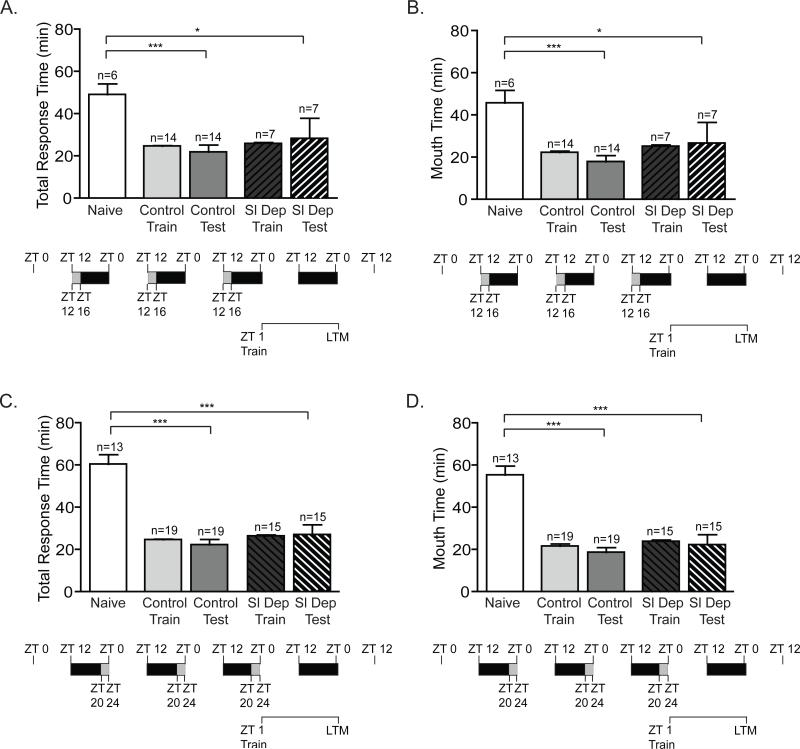Figure 7. Milder, prolonged sleep deprivation does not impair long-term memory.
Animals were sleep deprived for the first 4 hours of the night (ZT 12-ZT 16) or during last 4 hours of the night (ZT 20-24) for three consecutive nights, trained at ZT 1 and tested for LTM 24 h after training. As previously, no significant differences were observed between the training times for non-sleep deprived animals (Control Train) and sleep-deprived animals (Sl Dep Train). A) Animals sleep deprived (Sl Dep Test) during the first 4 hours of the night and trained at ZT 1 exhibited robust LTM with significantly shorter total response time compared to naïves and similar to trained non-sleep deprived animals (Control Test) (one-way ANOVA F(4,43) = 5.383, P < 0.001). Asterisks represent Bonferroni's post-hoc analyses ***P < 0.001 and *P<0.05. (B) Sleep deprived trained animals retained the seaweed in the mouth with times similar to non-sleep deprived control animals and significantly different than naives (one-way ANOVA F(4,43) = 8.437, P < 0.001). Asterisks denote significant differences with ***P < 0.001 and *P<0.05 for testing between naives and sleep deprived animals. C) Animals sleep deprived during the last 4 hours of the night showed robust LTM with significantly shorter total response time compared to naïve animals. (one-way ANOVA F(4,76) = 25.57, P < 0.0001). Asterisks represent Bonferroni's post-hoc analyses ***P < 0.001. D) Sleep deprived trained animals retained the seaweed in the mouth with significantly shorter times than naïve animals (one-way ANOVA F(4,76) = 24.47, P < 0.0001). Asterisks denote significant differences with ***P < 0.001.

